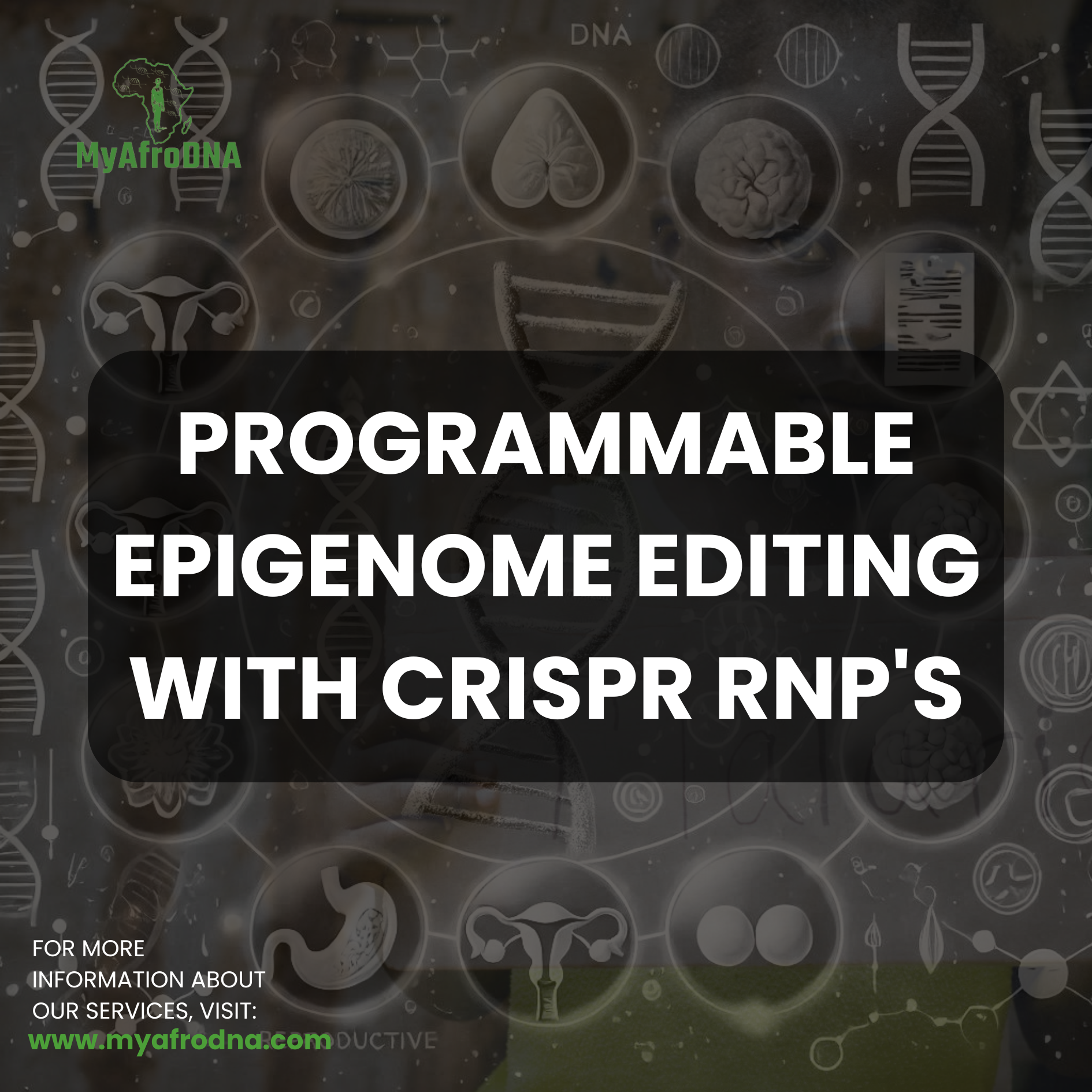In a recent Nature Communications article, Alex M. Vakulskas, Andrew P. Goodman, Paola S. Guerena, William L. Hsieh, Benjamin M. Lane, Joseph N. Blattman, John L. Rinn, and Silvana Konermann present an innovative approach to overcoming one of the biggest challenges in epigenome editing: efficient delivery.
The team developed RENDER (Robust ENveloped Delivery of Epigenome-editor Ribonucleoproteins), a platform that packages CRISPR-based epigenome editors into engineered virus-like particles (eVLPs). Unlike viral vectors or plasmid delivery, which can pose risks of integration and cytotoxicity, RENDER delivers the editors as transient ribonucleoproteins (RNPs), ensuring high specificity and reduced off-target effects.This system was tested across a range of cell types, including iPSC-derived neurons and primary human T cells, showing durable gene silencing from a single treatment.
Remarkably, when applied to neurons carrying the MAPT V337M mutation, RENDER reduced Tau protein expression by more than 60% — a proof-of-concept with implications for treating neurodegenerative diseases.The ability to deliver programmable epigenome editors safely, transiently, and effectively represents a leap forward for gene regulation therapies. With continued optimization, this platform could accelerate progress in epigenetic drug development and broaden research applications. Click here for further reading.
At MyAfroDNA, we understand the importance of access to quality African biospecimens and molecular testing for advancing biomedical innovations like these. Partner with us to power your next research breakthrough.



